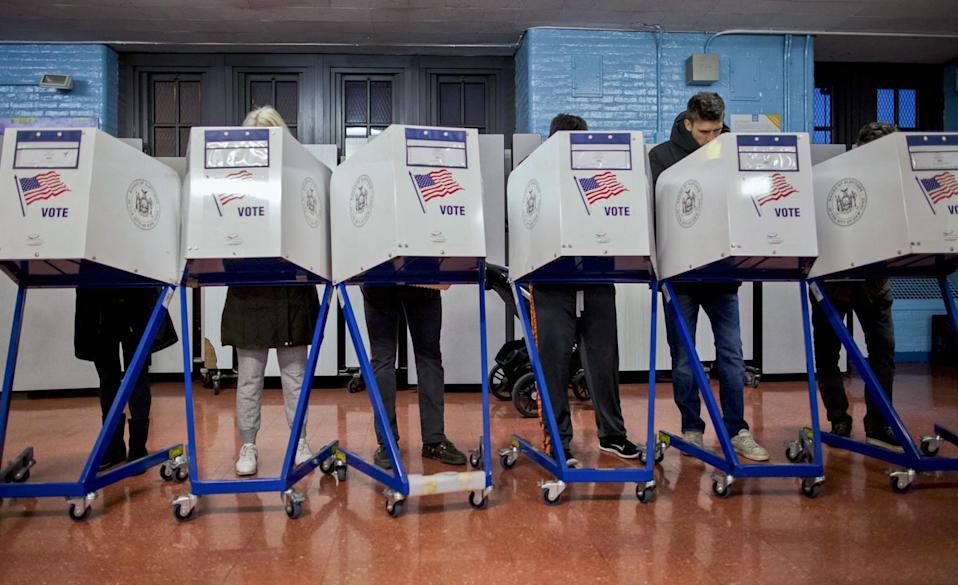August 21, 2021
-Washington Examiner
Enough Texas Democrats returned to the state on Thursday to restore quorum for the state legislature, paving the way for the passage of a voting reform bill that the Democrats spent weeks attempting to block in a series of high-profile stunts.
The voting bill is poised to pass the GOP-controlled Texas House after gliding through the state Senate earlier this month. State Democrats fled the Lone Star State in July to deny the House a quorum, grinding to a halt the special session Gov. Greg Abbott had called in order to get the legislation passed.
At the end of the regular legislative session in May, Texas House Democrats walked out of the building to prevent Republicans from passing the voting rights bill hours before business was to conclude. That move forced Abbott to call a special session for July, which the Democrats again disrupted with their cross-country jaunt.
After the special session ended on Aug. 6, Abbott immediately convened another one, underscoring the temporary nature of Democrats’ efforts.
Abbott could have continued to call special sessions back-to-back until the legislature reached a quorum. Republicans also issued a quorum call — which, thanks to the Texas Constitution, meant that law enforcement could apprehend any Democrat that returned to the state and escort them to the statehouse for votes.
The trip the Democrats took involved a number of political blunders and ultimately yielded little in the way of concessions, either on the congressional level or within their own legislature.
The state lawmakers posted pictures to social media of themselves smiling on a private aircraft, none of them wearing masks, as they announced their intention to flee the state. The initial image drew criticism because many Democrats across the country have pushed mask mandates, and the picture returned to haunt the lawmakers when they experienced a COVID-19 outbreak among their ranks upon arriving in their destination: Washington, D.C.
The lawmakers also faced criticism for posting a picture from a chartered bus in which they were seen carting boxes of beer. They ultimately ensconced themselves in a Washington hotel while they appeared on cable news shows, tweeted out photos of their meals, and met with members of Congress in an effort to push voting reform legislation on a national level.
House Democrats are planning to hold a vote on an election reform bill when they return to Washington from recess on Monday, but the legislation has virtually no chance of passing the Senate due to the filibuster.
The voting bill that Texas Democrats unsuccessfully tried to block would roll back some of the election practices enacted specifically to address public health concerns during the pandemic. The legislation would end drive-thru voting and 24-hour voting, which a limited number of polling places in mostly Democratic areas used for the first time in 2020.
The bill would also ask voters casting a ballot by mail to list their driver’s license or Social Security number to prove their identity in a provision that voting rights advocates have criticized as restrictive.
But versions of the bill laid out a workaround for anyone without either number: “a statement by the applicant that the applicant has not been issued a number” would be a sufficient entry on an absentee ballot application, according to the text of the legislation that Democrats attempted to block.
One of the most controversial elements of the bill would require an even distribution of polling places within a county. Voting rights advocates argue that in densely populated counties containing cities, the provision would take polling places away from urban, Democratic-leaning areas and put them in the suburbs, where they aren’t as crucial.
Responding to the walkouts that left the Texas Legislature unable to function for weeks, Abbott added an agenda item to the second special session: changing quorum rules . The Texas Constitution requires two-thirds of the state House and Senate to be present in order to conduct business, but the new rule, which Republicans want to put to voters as a ballot question in November, would reduce the threshold for quorum in future legislatures.




